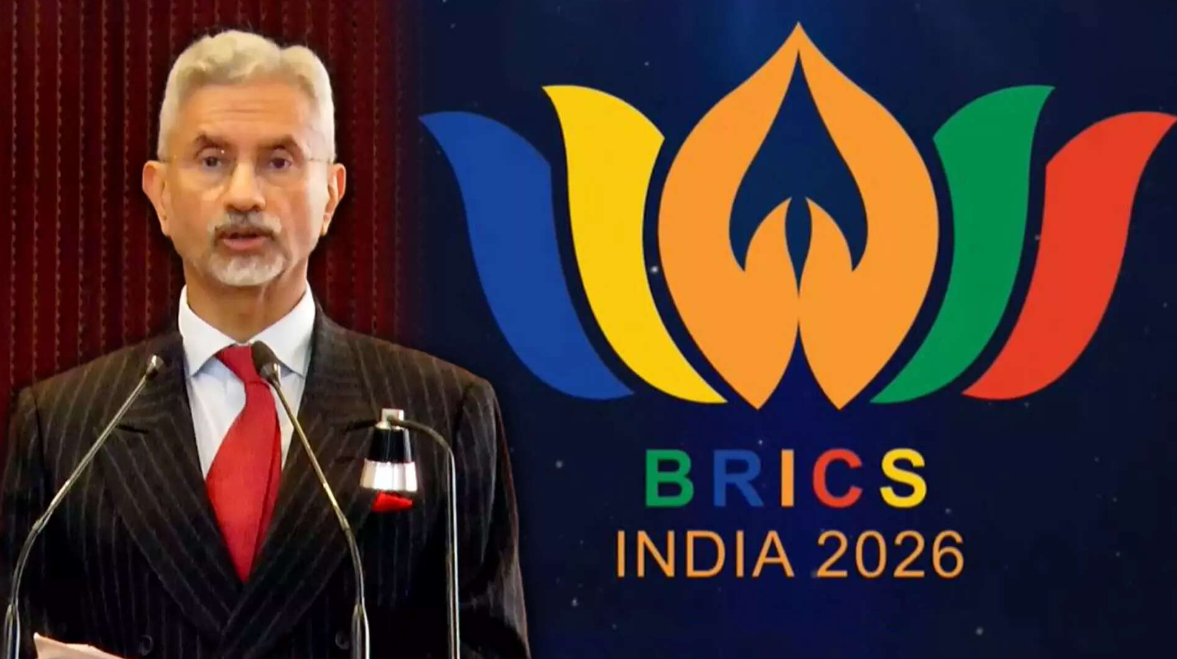
Brian Wong, Assistant Professor in Philosophy and Fellow at Centre on Contemporary China and the World, HKU and Rhodes Scholar
Feb 03, 2026
India’s 2026 BRICS chairship unfolds amid a fragile but continuing thaw in Sino-Indian relations that, despite unresolved territorial disputes, is opening space for de-politicized economic cooperation, supply chain realignment, talent and people-to-people exchanges, with Hong Kong positioned as a practical bridge for sustained engagement between the two countries.
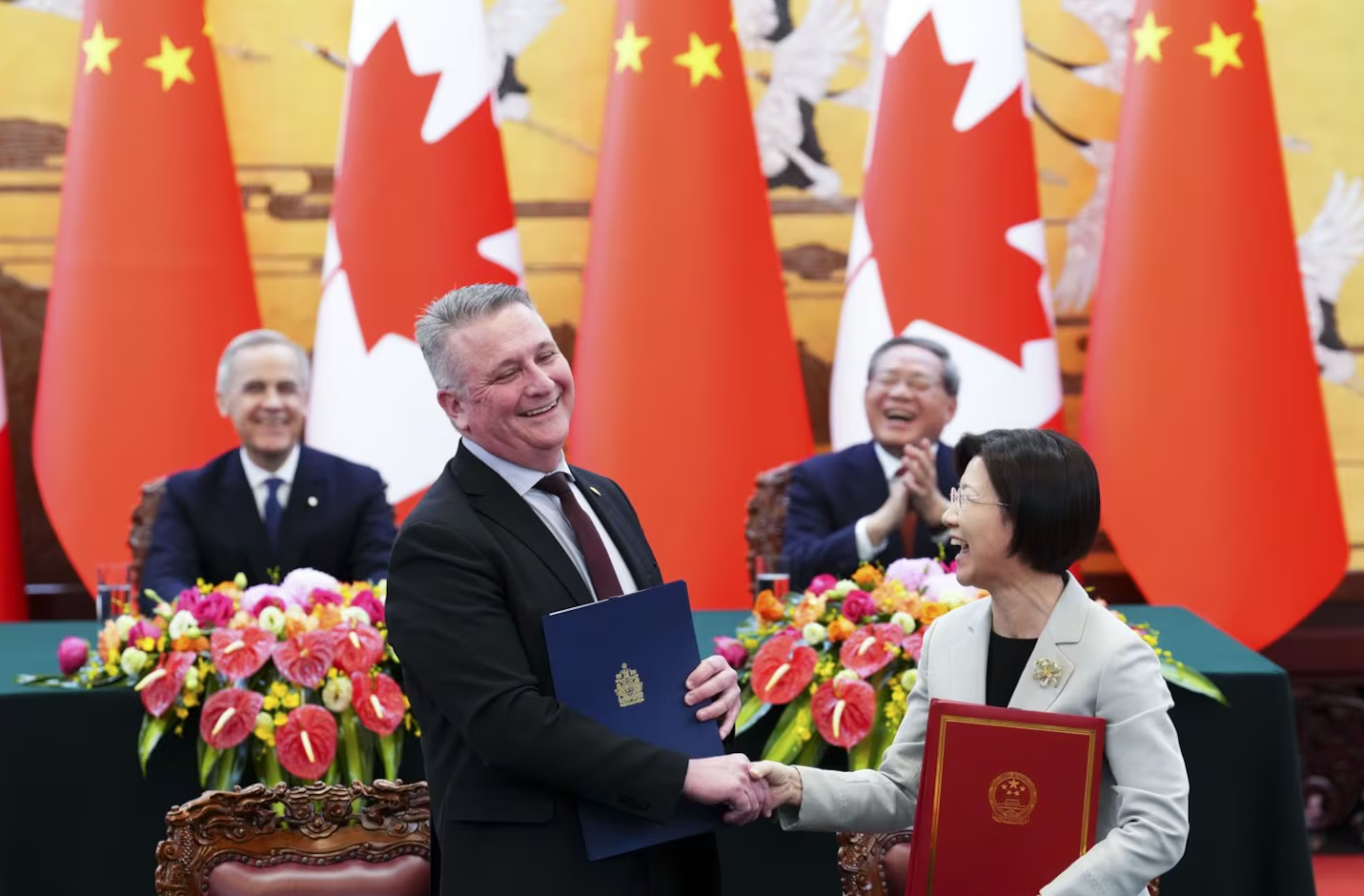
Muhammad Azam, Assistant Professor, Department of Political Science, University of Sargodha
Jan 30, 2026
Justin Trudeau’s visit to China was a significant development in contemporary global politics, reflecting not only growing Western engagement with the East, but also signaling a broader shift in which the East itself is emerging as a focal point of global political and economic attention.
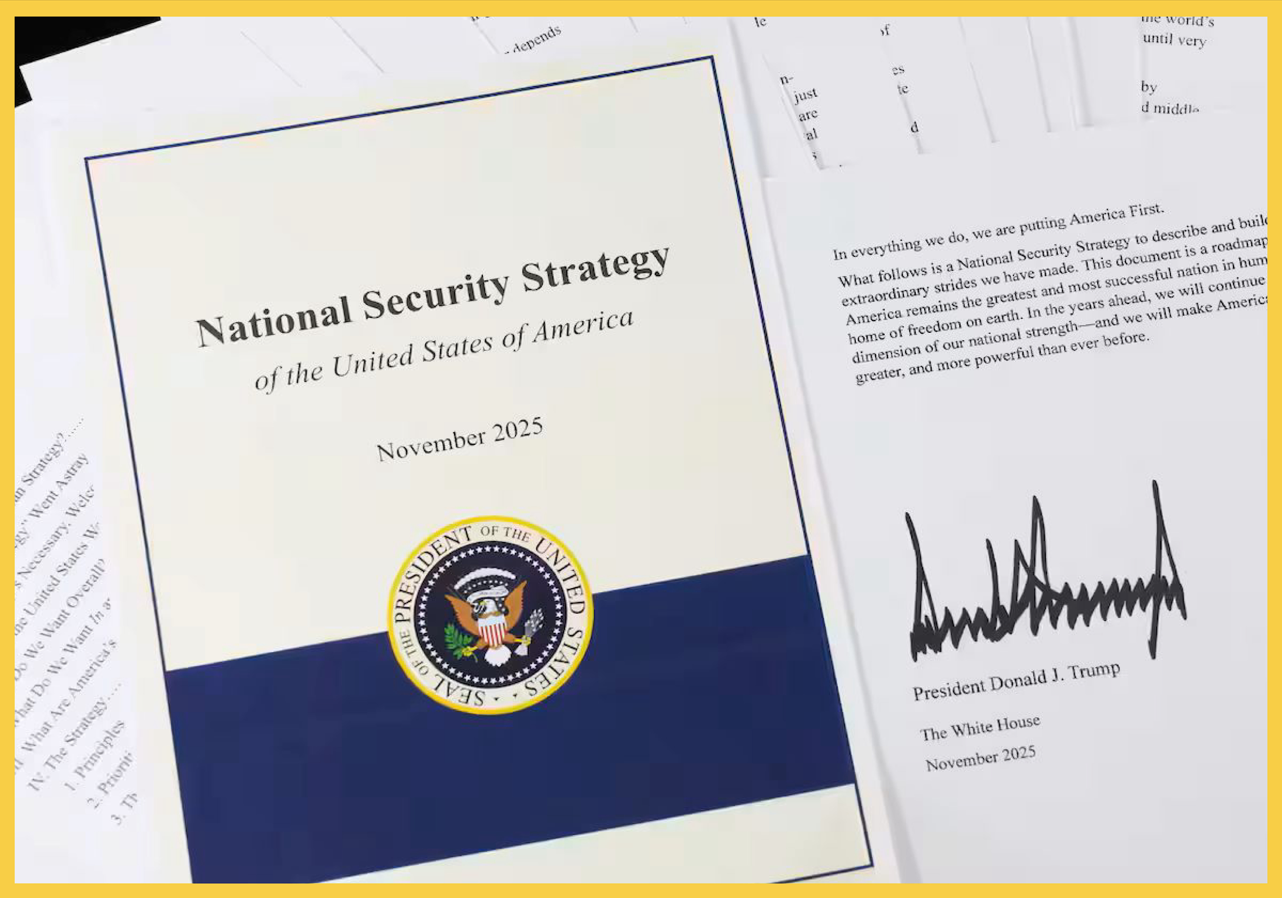
Wang Lei, Assistant Research Fellow, Institute of World Political Studies, CICIR
Jan 30, 2026
The U.S. president’s strategic shift is not temporary. It represents a medium- to long-term trajectory that stems from the confluence of simmering contradictions and various domestic and international factors.
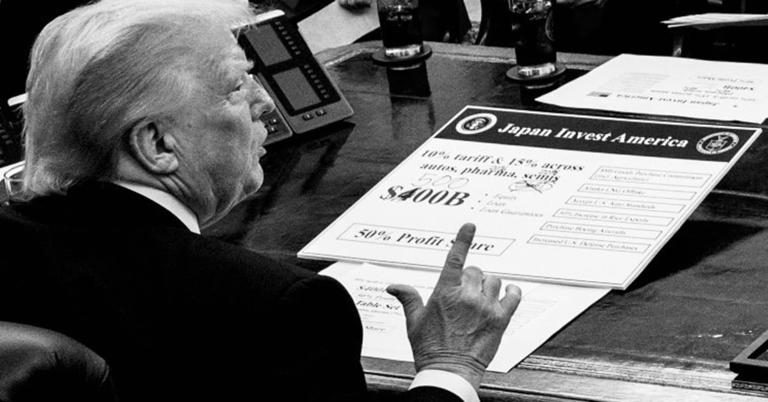
Ghulam Ali, PhD, Monash University, Australia
Jan 30, 2026
By January 2026, the first year of the second four-year—and constitutionally final—term of U.S. President Donald Trump was complete. This initial quarter of his tenure has jolted the world, unnerving the global community on economic, trade, and security matters while weakening the post-war international order. The resulting shocks reverberate across the international system, amplified by the scale of U.S. power and global entanglement. This disruption is unfolding in real time.
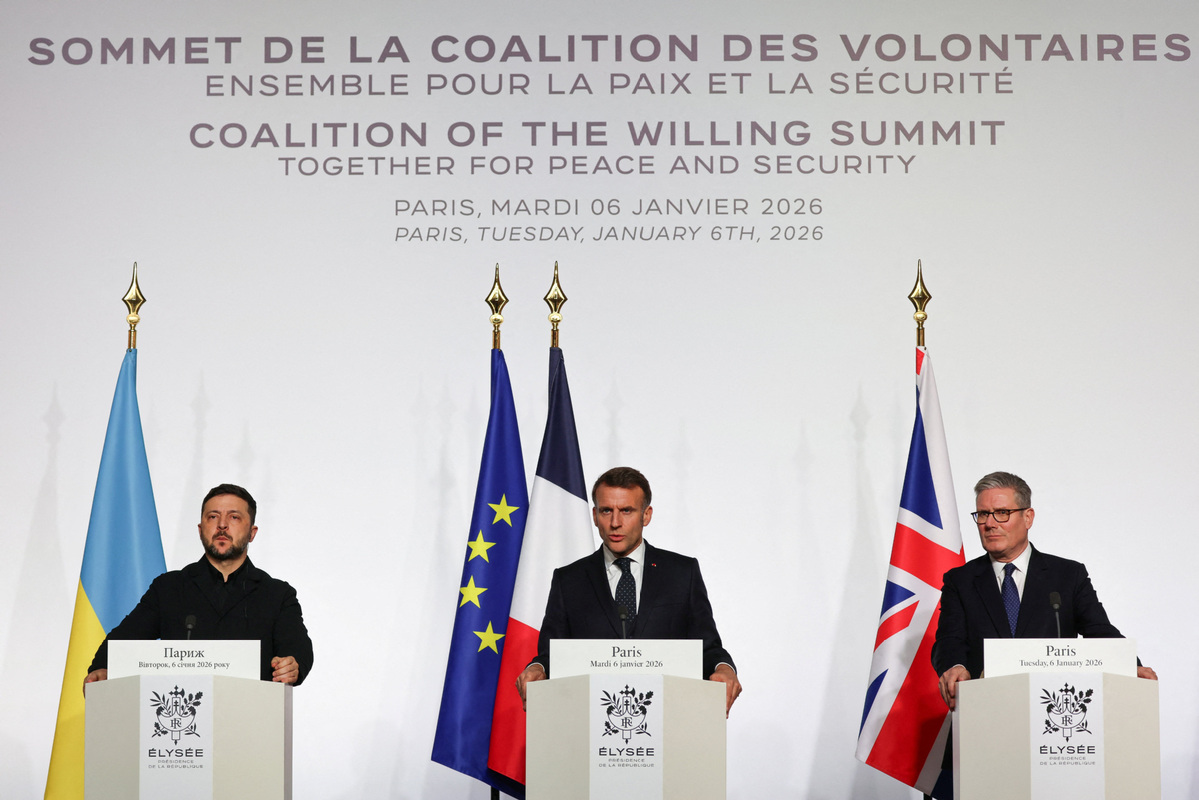
Jade Wong, Senior Fellow, Gordon & Leon Institute
Jan 30, 2026
Europe has again gained an advantage in its sustained competition with Russia to influence the United States. While Washington is likely to continue pursuing a calibrated re-engagement with Russia and to further reduce its direct role in European security, the scope for abrupt and highly oscillatory shifts in U.S. policy on Ukraine appears to have narrowed.
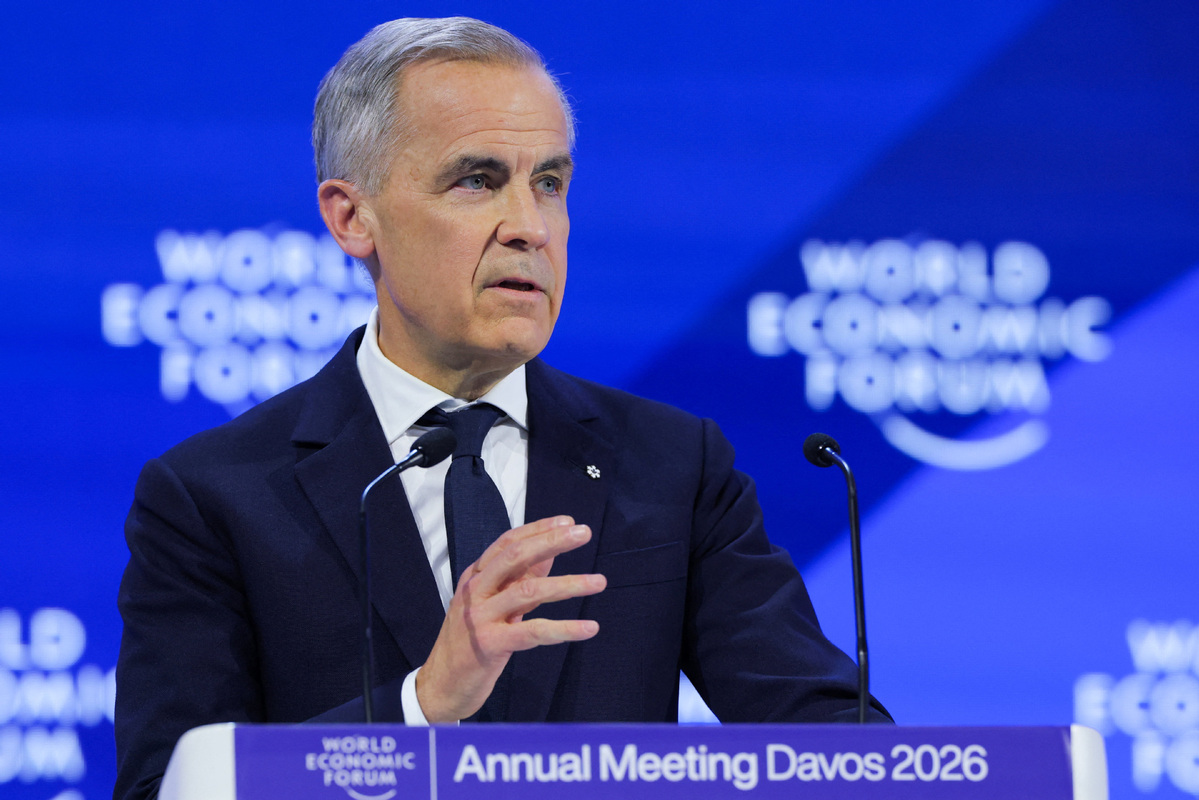
Christopher A. McNally, Professor of Political Economy, Chaminade University
Jan 30, 2026
Donald Trump’s second-term foreign policy has accelerated the collapse of the postwar liberal international order by abandoning its institutions, norms, and sources of legitimacy. Economic integration is now widely used as a tool of coercion, placing middle powers in an unstable interregnum defined by great-power rivalry, forced alignment choices, and a widening contrast between U.S. unilateralism and China’s defense of globalization and multilateralism.
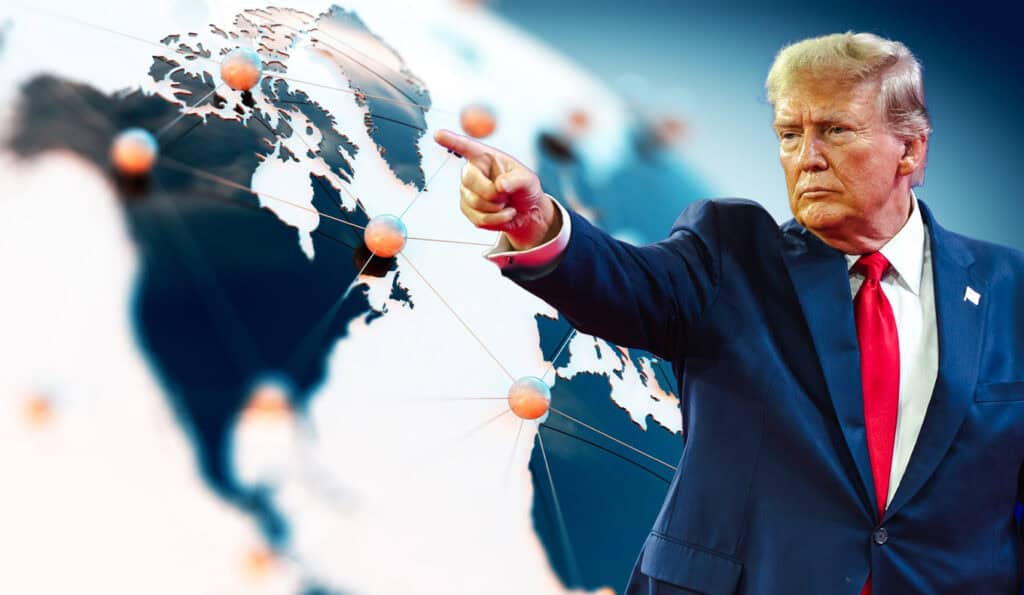
Han Liqun, Researcher, China Institutes of Contemporary International Relations
Jan 23, 2026
Over the past year, territorial expansion, military intervention, economic coercion, resource plundering and withdrawal from international agreements have become hallmarks of Donald Trump's imperialism. He is expected to continue to pursue more in the days to come.

Lai Yuan, Assistant Fellow, Center for Latin-America Studies, Shanghai Institute for International Studies
Jan 23, 2026
Today’s Venezuela will have a long and unpredictable road to travel before it can escape the shadow of the Noriega era. Operation Absolute Resolve will either bring the United States to the summit of hegemony or act as a fuse that ignites the collapse of the rules-based global order.
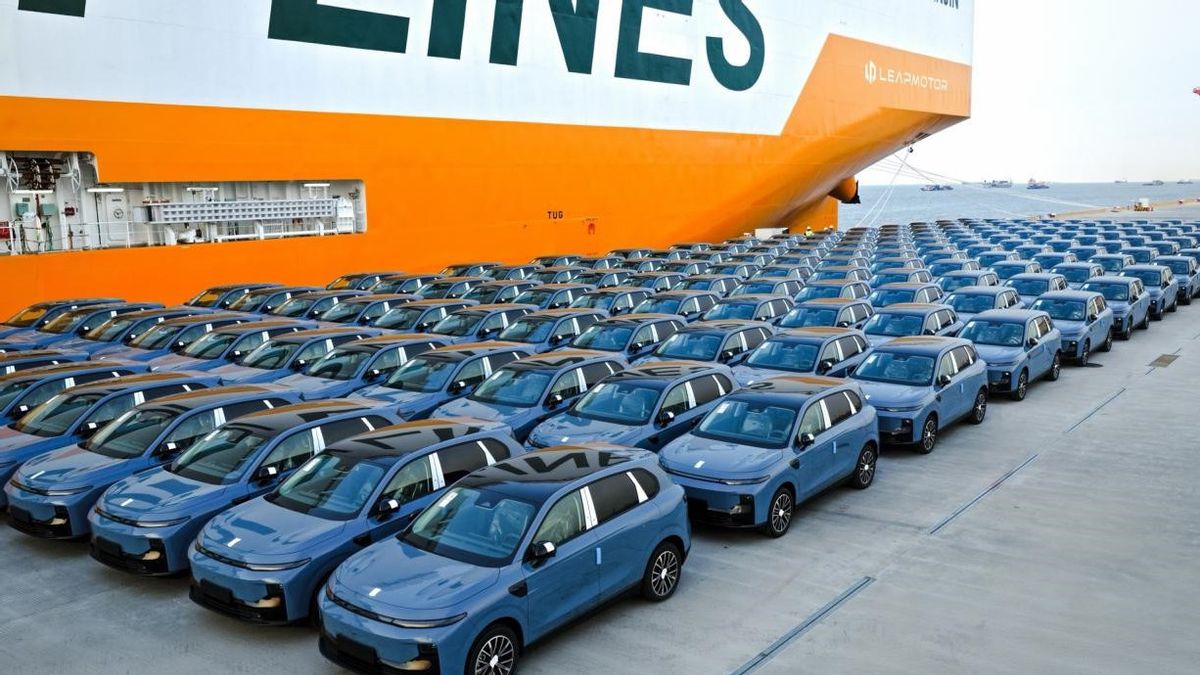
Brian Wong, Assistant Professor in Philosophy and Fellow at Centre on Contemporary China and the World, HKU and Rhodes Scholar
Jan 23, 2026
China’s deal with the EU to replace proposed electric vehicle tariffs with a price floor reflects a broader shift in Beijing’s economic and diplomatic strategy to ease trade frictions and rebuild ties with Europe and other U.S. allies amid uncertainty over U.S. leadership. The success of this outreach will depend on China’s ability to address persistent trade imbalances and geopolitical concerns, rather than assuming that tensions with Washington will automatically translate into closer alignment with Beijing.
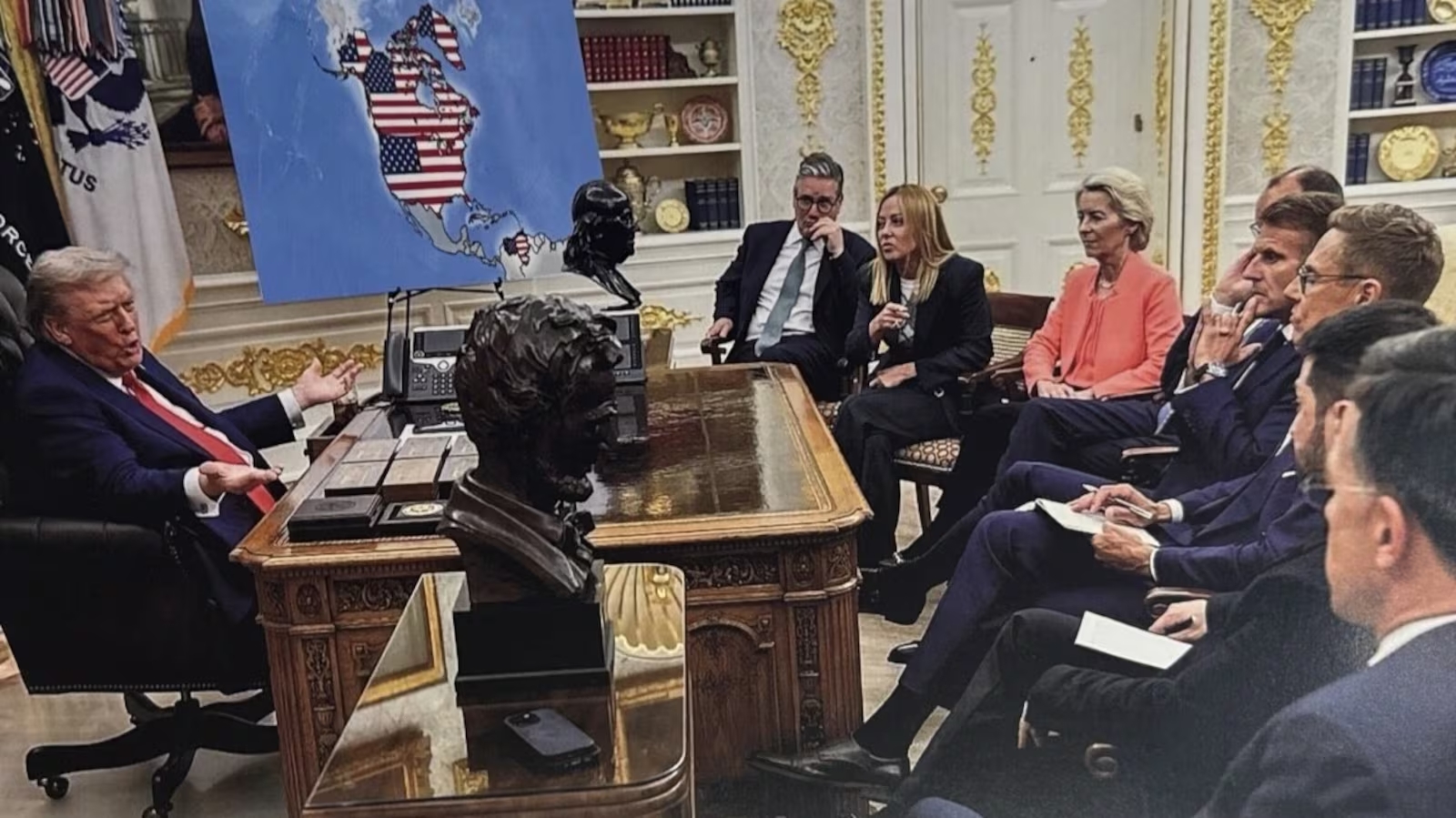
Warwick Powell, Adjunct Professor at Queensland University of Technology
Jan 21, 2026
(Social media @realDonaldTrump)In May 2024, I penned an article that framed Europe’s existential dilemma starkly: either fade into obscurity as the "conti
Back to Top

- China-US Focus builds trust and understanding between the U.S. and China through open dialogue among thought leaders.
- Our Offerings
- Topics
- Videos
- Podcasts
- Columnists
- Research Reports
- Focus Digest
- Stay Connected
-
Thanks for signing up!
- Get the latest stories from China-US Focus weekly.